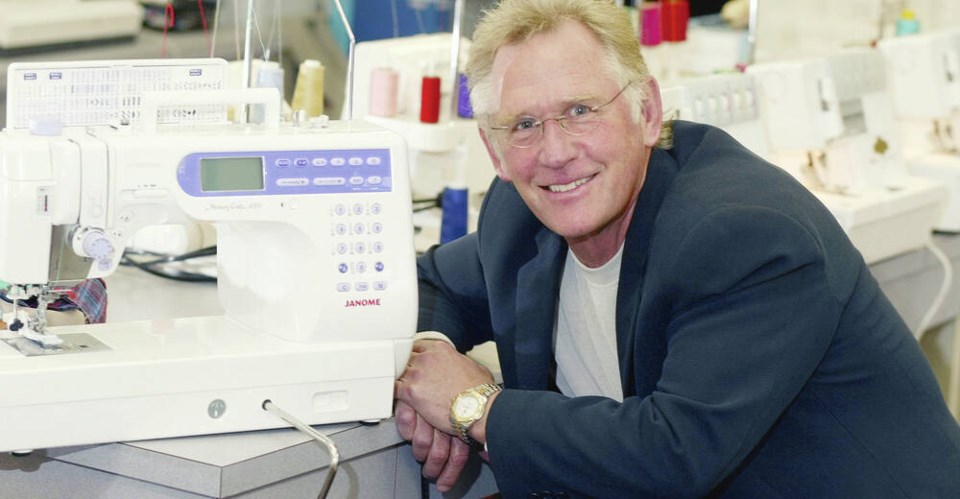Andrew Hantel, MD Concerns about the environmental impact of healthcare decisions rarely enter into conversations between patients and physicians. However, evidence from a new study led by researchers at Dana-Farber Cancer Institute, shows there's broad interest in changing that. In a series of focus groups conducted in different areas of the U.
S., doctors and patients expressed openness to considering environmental factors when discussing treatment options. The findings, presented in a paper published online today by Nature Climate Change , suggest that educating physicians about the environmental costs of treatment – and how those costs may be reduced while continuing to deliver excellent care – can be a first step toward that goal.
"Studies have shown that the U.S. healthcare industry is responsible for 8.
5% of national greenhouse gases emissions and about 25% of healthcare emissions worldwide," said Andrew Hantel, MD , a faculty member in the Divisions of Leukemia and Population Sciences at Dana-Farber Cancer Institute who led the study with Dana-Farber colleague Gregory Abel, MD, MPH . "The downstream health consequences of these emissions are responsible for the same level of loss of life as pancreatic cancer or colon cancer every year. "If healthcare emissions are contributing to climate change that is resulting in this level of harm, we wanted to assess if and how physicians view their responsibility to address this issue," he continues.
"We also asked patients ho.


















